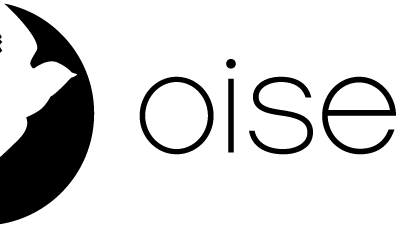When I look back at my running career, it was shaped by different coaches along the way. Every coach had the (roughly) same goal: make me as fast as possible. But every coach had very different approaches. There were the “just have fun” coaches, and the “race day is a bloody battle field, make those kills” coaches. Coaches that encouraged me, others that swore or shook their heads in disappointment. Coaches that motivated with love, others with being the best. Coaches who were too easy, or too hard. Coaches that broke down every little detail of the workout and others that left me guessing, “how it should feel”.

I had a coach chase me down the homestretch at Penn State XC screaming profanities at me until I crossed the finish line and promptly passed out. And I have also been coached by my own mother, and no she wasn’t the screaming race day maniac.
But now we have the freedom to work with any coach we choose! And if you didn’t run in school, this is the first time you’re working with a coach… or thinking of working with one.
But now that it’s our choice to hire any coach we want to…how do you choose the right coach? Because you might be motivated by battle cries and profanity, or you may be motivated by a gentle encouraging push. You might love knowing all about V02 Max and the metabolic science behind long runs, or you might like to just do the work without knowing all that nitty gritty.

I personally have found my coach soulmate. Steph Bruce and I have been working together for 15 months and around our one year anniversary I qualified for the Olympic Trials Marathon. A life long goal.
Naturally I tapped her to get the coach perspective on all of this, since I only have the athlete perspective. Steph has the unique experience of being a coached athlete and a coach to athletes. She contributed to both the ‘Choosing a Coach’ exercise and after gives her behind the scenes how to fully use a coach and find success within the program you sign on to.
CHOOSING A COACH
ATHLETE PERSPECTIVE
KNOW YOUR GOALS
Obviously if you’re thinking of hiring a coach, you have goals! Make them clear to yourself. Write them down. Make them specific.
KNOW YOUR LIMITS (BOTH TIME AND $$)
How much money can you spend a month?
How much time can you spend a day? Week? Month? Be realistic, not idealistic! *this can fluctuate, just get a good realistic baseline
KNOW YOURSELF
Write down all your PRs.
Write down a brief history of your running and injuries.
Your favorite workout? Why?
Least favorite workout? Your proudest race? Why?
Your favorite season to train?
Your biggest challenge?
What kind of runner are you? That’s a big question, so start with the Worrier v Warrior quiz.
What gets you out the door on tough unmotivating days?
KNOW YOUR COACHING OPTIONS
There are many levels of coaching. You could join McMillan RunClub or RunSmart Project for under $40 a month. Or work directly with a coach in your area who will come out and time your workouts. Or a combination of the two.
Google, ask friends, ask social media. Narrow down options to interview.

INTERVIEW COACHES
Come up with a list of important questions. Below are some ideas.
How do they structure training?
How often can you assess them?
Do they prefer phone, text, email, FaceTime?
Share your goals and past briefly, how would they approach reaching your goals?
Do they plan your race schedule or does the athlete have the reigns on this?
HIRE YOUR COACH
Okay, this is the part where you should hand off all that soul searching you did previously. Tell them your goals, your injuries, your past PRs, your current training… and they will hand back a rough timeline for reaching the goals and a few weeks of training. And now you’re on the way!
TRUST YOUR COACH
Okay now you’ve hired a coach! Trust them. Do the work on the day. Fill in your workout notes promptly. Tell them the truth about how you feel. If you have questions ask.

ATHLETE SUCCESS GUIDE
COACH PERSPECTIVE
Steph coaches nearly 25 athletes and when I asked her what the key to being a successfully coachable athlete is, these are the traits she looks for:
- Adaptable
- Not too emotional when things go downhill or miss training due to sickness, injury, life
- Self motivated
- Communicates open and honestly
- Follows the plan and believes in it
- Will do the little things necessary to get better outside of just running











